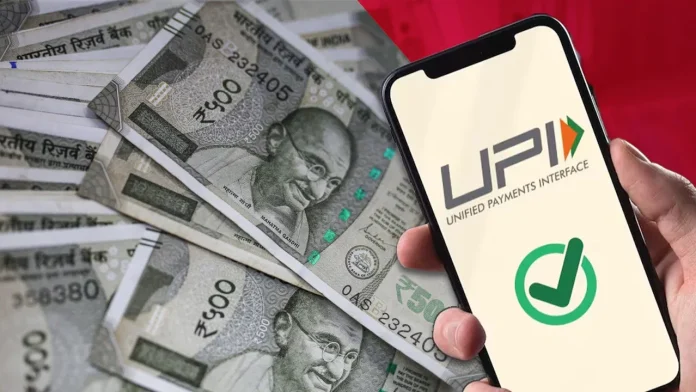
The results of the MPC meeting which has been going on since August 5 were announced today by the Governor of the Reserve Bank, in which the previously fixed limit of Rs 1 lakh for paying tax through UPI has been increased to Rs 1 lakh.
The Reserve Bank of India (RBI) on Thursday announced to increase the limit of tax payment through UPI. RBI Governor Shaktikanta Das, while giving information about the decision taken in the three-day meeting of the Monetary Policy Committee (MPC) which started on Tuesday, said that UPI has become the most preferred method of payment with its intuitive features. Currently, the limit of tax payment for UPI is Rs 1 lakh.
Das said that based on various use-cases, the Reserve Bank has reviewed and increased the limits for certain categories like capital market, IPO subscription, loan collection, insurance, medical and educational services etc. from time to time.
Das said that since direct and indirect tax payments are common, regular and of high value. Therefore, it has been decided to increase the limit of tax payment through UPI from Rs 1 lakh to Rs 5 lakh per transaction. Necessary instructions will be issued separately in this regard.
According to RBI, the user base of Unified Payments Interface (UPI) has increased to 42.4 crores. However, the user base is likely to expand further. There is also a proposal to introduce ‘Delegated Payments’ in UPI.
Das said that ‘Delegated Payments’ will allow one person (primary user) to set UPI transaction limits for another person (secondary user) on the bank account of the primary user.
This is expected to increase the reach and use of digital payments across the country. Detailed instructions in this regard will also be issued soon.
Along with this, RBI has proposed to publicly prepare data of digital lending apps to check unauthorized companies.
Das said that the guidelines were issued on September 2, 2022 to address concerns on protection of customer interests, data privacy, interest rates and recovery processes, mis-selling etc. However, media reports have exposed the presence of unscrupulous companies in digital lending which falsely claim to be associated with RBI (RE).





